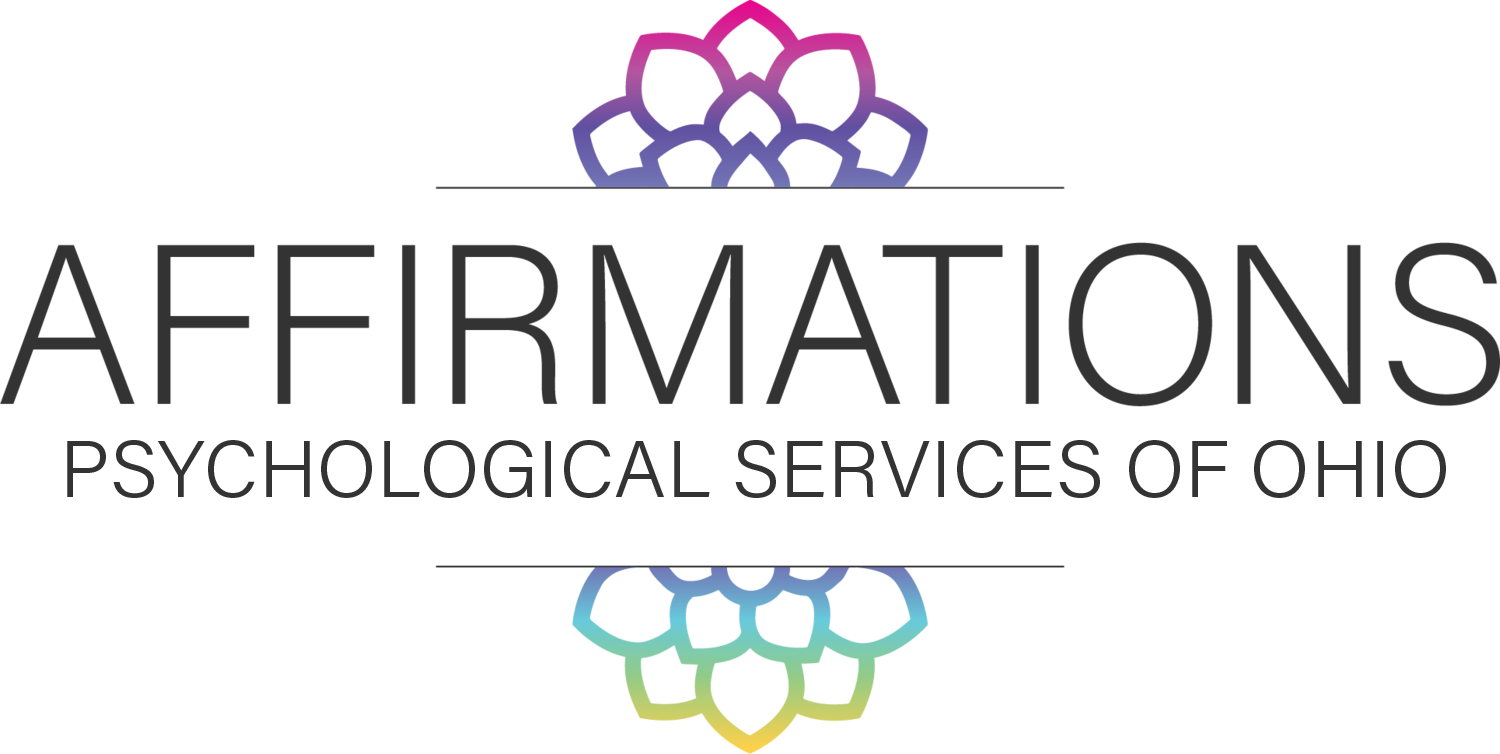The motivation to move toward belongingness has been highlighted and discussed in the field of psychology for many years. In fact, a vast array of psychological research speaks to its benefits, including rewards that energize the brain as well as its buffering effects against stress, depression, and loneliness. The drive to belong is similar for most, if not all, human beings. Whether it is family, friends, co-workers, or religion, people tend to have an inherent desire to belong to a place or situation for which they have an affinity.
When ADHDers work through the barrage of neurotypical assumptions (e.g., power plant electricity, overstimulation models, consistency defined externally), they are confronted with the paradox surrounding belongingness. As such, the idea of understimulation may accelerate the heart rate; internal consistency may make you dizzy; and acknowledging a different path toward belongingness may knock you on your arse.
Let’s zoom out. Belonging entails an affinity for an aspect of our Environment. As Einstein stated, the Environment is “everything external to us.” A sense of belonging in psychology has preached the idea that we belong when human beings, groups of humans, and human-made systems accept us. As such, a sense of belonging occurs when we ask for, are invited to, or are brought into a group, organization, fight, or mission. In other words, we are included and feel belongingness by the inclusion. From a neurotypical perspective, this scenario makes sense.
Differently, consider the lyrics from Pearl Jam’s song, Just Breathe, which sings “I’m a lucky man, to count on both hands the ones I love.” The lyrics shed light on the purest definition of belongingness, which is from the perspective of “I” instead of “you.” The lyrics suggest belonging lies as much in the reality of “I” loving another as it is in being loved or accepted by another. Controversially, this seems to be at the heart of the intrapersonal and interpersonal tension experienced by ADHDers. Becoming attached to belonging often leads ADHDers to resist and fight unnecessarily against accepting belongingness. For example, many ADHDers have stated, “I wouldn’t belong to any group that would accept me as a member.”
When ADHDers explore beyond the unnecessary fighting and/or resisting, we may understand more robustly the necessary quandary ADHDers face, which is Nature didn’t design ADHDers with a similar capacity to follow systems and external expectations. Furthermore, it’s a challenge for others and systems to follow ADHDers. ADHDers carry mountains of confusion and pain related to the struggle to follow and be followed. Stated simply, ADHDers aren’t connected naturally to human-made systems and/or conventional standards/expectations.
As opposed to following, ADHDers have a sting capacity to influence and be influenced. When an aspect of the Environment lights up an ADHDer, the ADHDer needs to accept the motivational energy and extend the energy to its Environment. If an ADHDer feels belonging in this way, they are accepted by the Environment the moment they acknowledge the way the Environment lights-up and energizes its human system.
“I’m a lucky man, to count on both hands the ones I love.”
I don’t know what will happen next. I want the love to be reciprocated; I don’t need the love to be reciprocated. I already won when I felt the energy of Love and had the courage to extend its energy.

